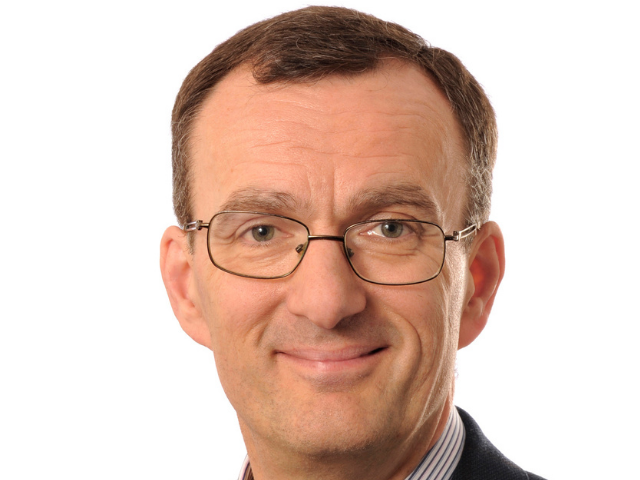
How the Wales COVID-19 Evidence Centre aims to find answers to ‘real-life problems’ in the pandemic
Professor Adrian Edwards has been appointed as the Director of the new Wales COVID-19 Evidence Centre. The £3 million centre is being created by Health and Care Research Wales on behalf of Welsh Government and will be based at Cardiff University.
Here the Cwmbran GP of 25 years, academic researcher and dad of two writes about the evidence centre and what he hopes to achieve.
“It was quiet in my general practice last summer. Patients were staying away. They weren’t seeking help for what you might call their ‘normal’ conditions – they were just staying out of the way and hoping not to catch COVID. A very different picture to what my colleagues in hospitals were experiencing – a daily rise in critical care admissions and staff working double shifts.
This, to me, meant there was going to be a backlog at some point – people with cancer symptoms and those needing checks on long-term conditions like diabetes, asthma and epilepsy.
What we would need, I thought, was a way to manage this backlog when it came. We needed a way of bringing together all the knowledge we had to prioritise and find the best ways to manage this variety of conditions and problems, quickly and safely.
The Wales COVID-19 Evidence Centre is based on a similar concept, so I was keen to explore how what we already know from research findings could help answer the key questions around the pandemic and support decision making for the NHS and social care in Wales.
Research is already making a massive difference to all of our lives. We can see our friends and relatives receiving their first doses of a vaccine, and that’s thanks to research.
There are hundreds of studies that have been commissioned over the last year across a range of things, whether it’s public health measures like shielding and social distancing, or the best treatments for severe COVID itself, or examining the after effects of fatigue, tingling nerves, breathlessness which we now refer to as long COVID. Mental health effects across all of the population are also really important.
What we don’t want to be doing is repeating stuff and reinventing the wheel. We’ll be able to identify the evidence, often find that it’s actually been examined elsewhere, and come up with answers very quickly.
It could be the latest hospital evidence so people know which treatments to make available or issues about vaccines – particularly vaccine uptake in vulnerable groups. Or, public health measures. What do we know about shielding? Will we recommend shielding again in a few weeks’ time or will we do it a different way? That will make a difference to something like 130,000 people in Wales who have been shielding.
Actually, there are lots of questions we need answers to. It’s mainly about bringing the evidence together that’s already available. Then we can take it forward to the politicians and leaders of NHS and social care, to put it into policy and practice and make a difference to the real-life problems.
There will sometimes be Welsh-specific questions that we need to answer and how we apply it in our health or social care system but I think the real point is that we are joined up with the UK and international system. We’ve got our own Technical Advisory Cell in Wales, which is linked closely with the SAGE group for the UK, and the Wales COVID-19 Evidence Centre will also allow us to make sure we’re well connected with the international network of research and evidence synthesis too.
We’ll probably overlap into non-COVID areas of service development and public health, and quality of life measures, because although the focus is on COVID, there’s an increasing awareness, as I’ve found from my general practice, that actually the impact on non-COVID matters is also very significant.
Sitting in my general practice over the past few weeks, it’s much busier in this second wave of the pandemic. I’m seeing more patients with COVID or suspected COVID, as well as patients starting to come along to check on their ‘normal’ conditions.
People are going into hospital. Many people come out of hospital but have ongoing issues after a COVID illness. I’m increasingly aware of that, but a lot of people are dying as well.
This time around in the second wave, I’m finding and I’m sure we’re all finding, it’s much more common to know people who have friends or relatives who have died of COVID, or neighbours who have got it and are really ill. That didn’t seem to be happening as much back in April and May. It is a really tough time for everyone.
For me, that shows even more the need for an evidence centre so we can work out how best to tackle the problems. It’s a big challenge but I think it’s the right way to do it.
The first few weeks on the job will be paramount and I want to start with consulting key stakeholders, obviously Welsh Government, NHS and social care leaders and staff but also patients and public. Together we need to set and prioritise the questions which need answering.
We all want to get through the pandemic and see what life is like on the other side. Research and evidence can provide us all with the hope we need right now.”
This article was also published in the Western Mail on 1 February 2021.